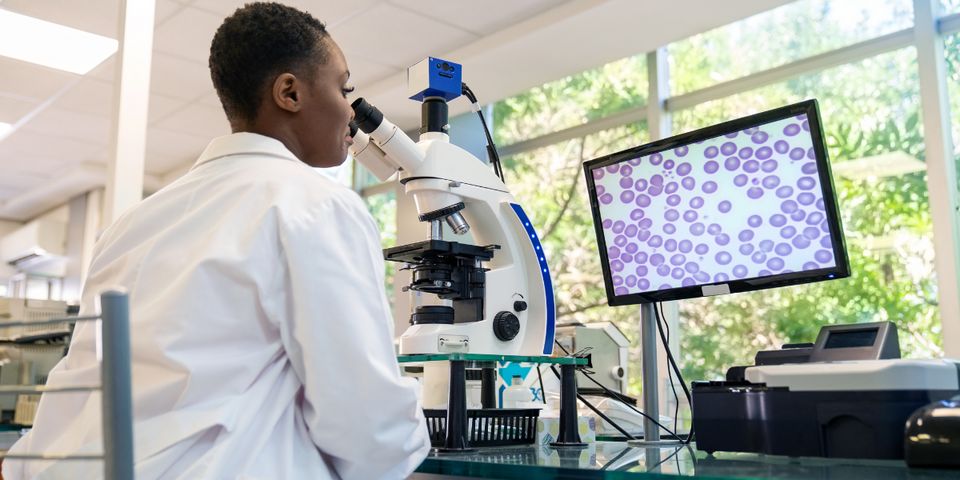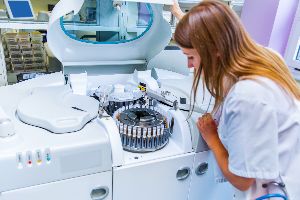
Blood tests are perhaps one of the most important medical innovations of the recent past. They allow pathologists to examine blood and diagnose illnesses with greater certainty. Without these tests, physicians would have to rely entirely on symptoms to make a diagnosis, and symptoms aren't always enough. However, many people don't know what happens in the pathology lab after their blood is taken. This brief guide seeks to clarify the process.
What Happens During a Blood Test?
Complete Blood Counts
Once you've had blood drawn, what happens to it in the pathology lab largely depends on your reason for ordering the test. Testing for certain disorders and diseases and estimating red and white blood cell count requires a complete blood count, or CBC. To perform a CBC, the pathologist takes a sample of your blood and subjects it to light tests. How your blood responds to certain types of light can illuminate certain pathologies, such as asthma, anemia, and lymphoma.
Centrifugal Separation

In addition to performing a CBC, the lab may also put a sample of your blood into a centrifuge to separate it into its component parts. This machine spins rapidly, causing denser materials in your blood, such as the cells, to sink to the bottom while lighter substances, such as the blood serum, float on top. Technicians can then test your blood serum independent of the cells, and this can give them a better idea of the concentrations of different substances in your blood. This is particularly useful for determining factors impacting your metabolism and hormone levels.
Analysis
Once the pathologists have gathered data from these tests, it's their job to interpret the results through a critical lens and determine the most likely causes of the results. The tests by themselves can't diagnose an illness, but instead they need a skilled and knowledgeable practitioner to be of any use. The whole process can take a couple of days, depending on the backlogs that the pathologists are working with. This results in a typical turnaround time of two to four days for results from blood tests.
If you're worried about your physical health and want to perform blood tests for more information, reach out to Summit Pathology in Loveland, CO. For more than 35 years, these board-certified pathologists have helped individuals learn more about their health and take proactive steps to address the underlying causes of ill health. Learn more about their services online, and call (970) 212-0530 to schedule a test.
About the Business
Have a question? Ask the experts!
Send your question

